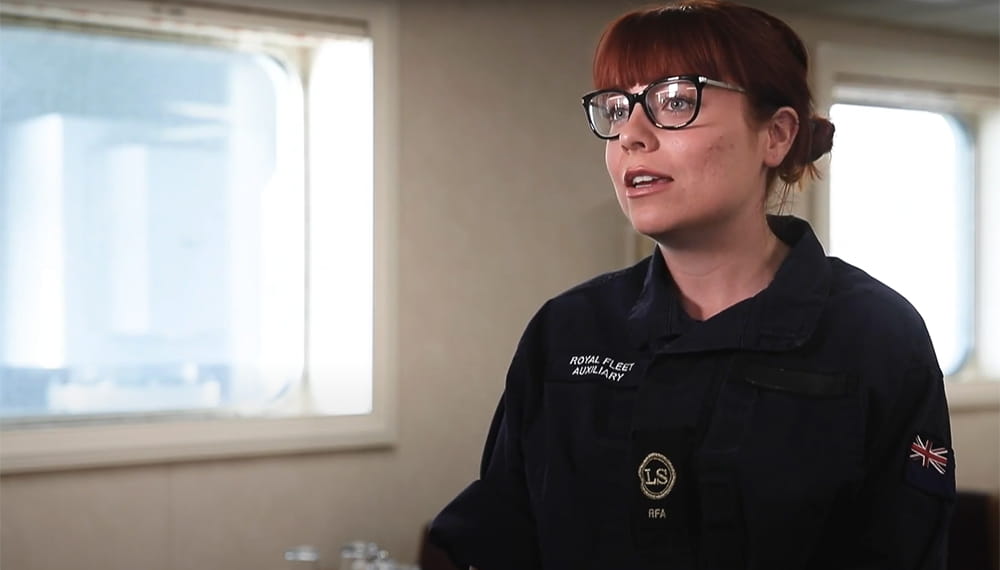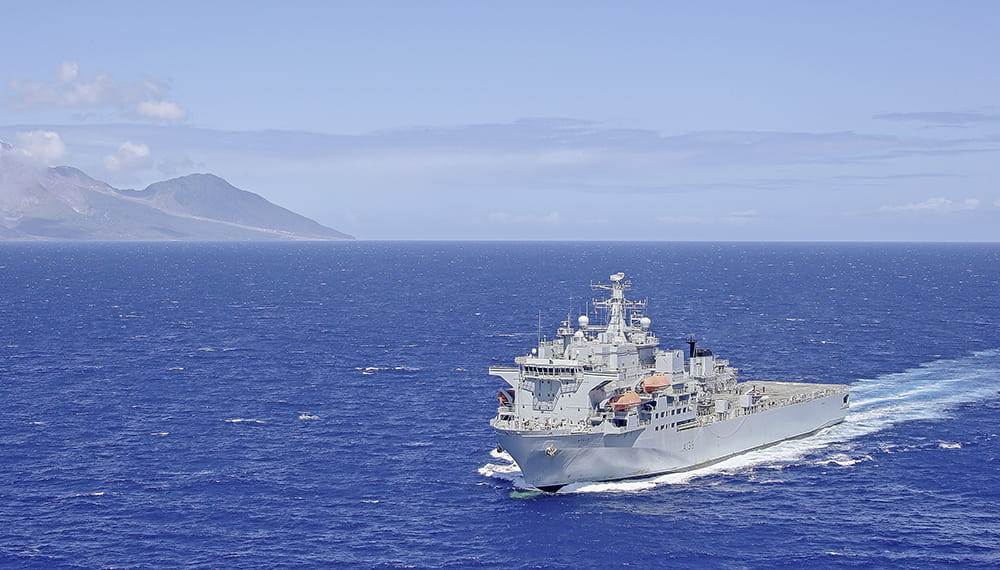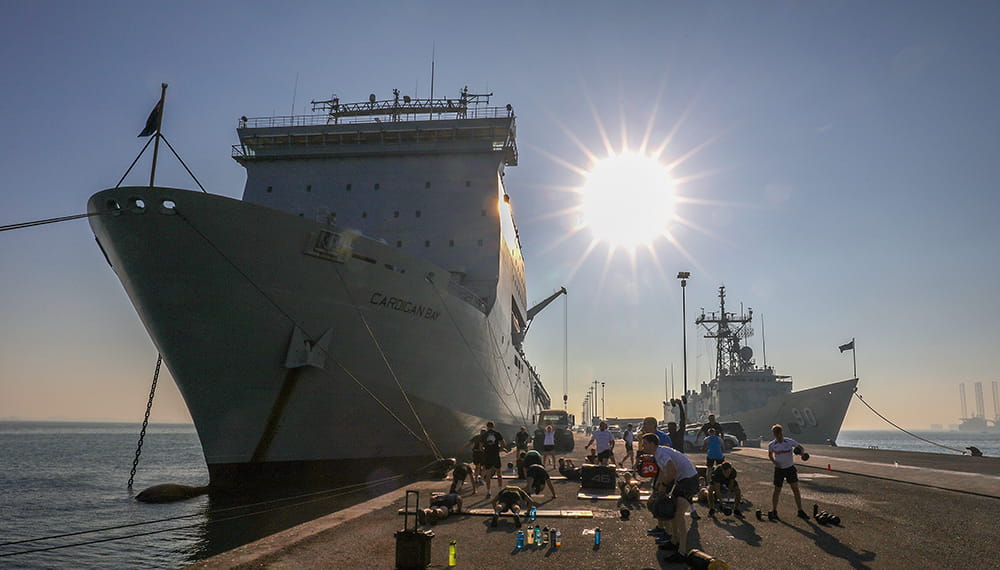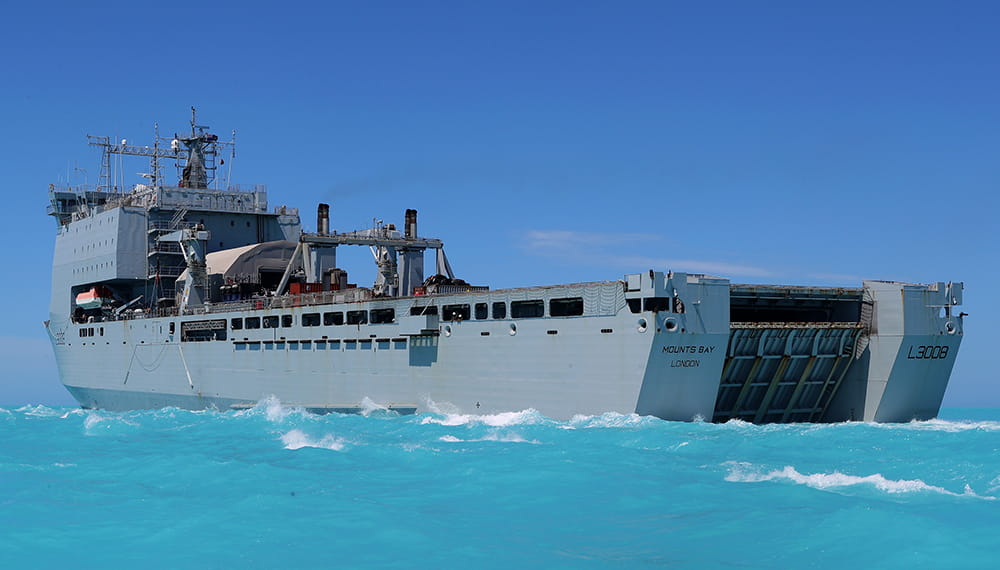Careers / Services / RFA
Life in the RFA
Life at sea with the RFA brings its own unique rewards, lifestyle and support. You’ll get to see the world, make lifelong friendships, and develop a merchant navy career like no other.
Want to know more about the Royal Fleet Auxiliary?
Tell me more
Working as a Steward in the Royal Fleet Auxiliary
Looking to take your hospitality career to the next level? As a Steward in the Royal Fleet Auxiliary (RFA), you’ll develop your skills, gain recognised qualifications and travel the world, as you look after the needs of our world-class team. Interested?

I get three months off for every four months I’m at sea. My mates with families go home for some quality time with their kids. I try to use my time to see even more of the world. I’ve been all over Asia and spent time in New Zealand, and as long as I’m where I need to be for my next operation there’s no problem.
As part of the RFA, you’ll play a key role in unique circumstances. From landing Royal Marines where they’re needed most; through essential replenishment to vessels at sea; or being on an anti-drug patrol; to saving and improving lives in a humanitarian crisis, it‘s vital work at the highest level.
Life on board
On deployment you’ll typically have your own cabin, complete with a bathroom that’s shared with one other crew member, (or a private en-suite for officers), giving you some personal space to relax and watch television. Some ships also have internet, allowing you check emails and do online banking. And whether there‘s an internet connection or not, your Communications Team can always help you contact home.
Support and welfare
From the day you join the RFA, you’ll be assigned a mentor who’s been with us for a while, serving as a reassuring voice if you ever need some advice, and our Welfare Team will make sure you feel at home away from home.
Pay and benefits
If you work for us, you can get 6 weeks of paid holiday every year, opportunities to progress and earn over £54,500, and you’ll travel around the world. The benefits in the RFA compare very well to other merchant navy organisations. You’ll get access to an excellent pension scheme on top of it.
Featured roles
Need help finding the right role?
Chat with our virtual recruiter, 24/7

